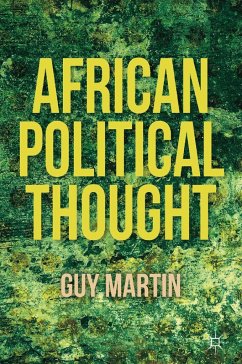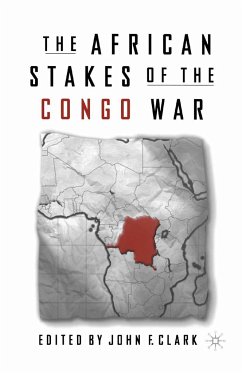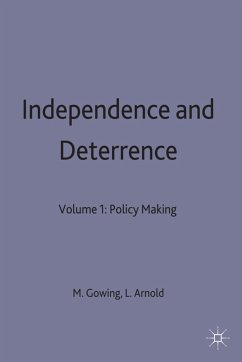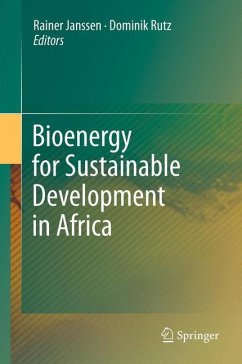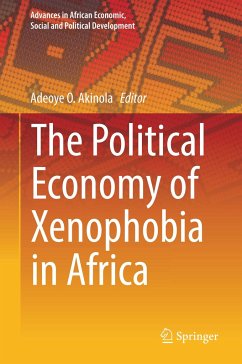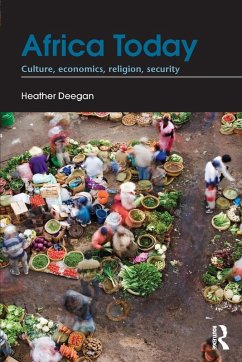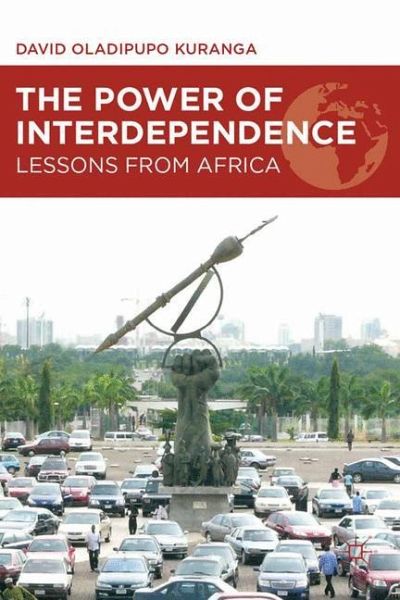
The Power of Interdependence
Lessons from Africa

PAYBACK Punkte
19 °P sammeln!
The Power of Interdependence offers a convincing challenge to the dominant view among many observers of global affairs, that individual countries exert sole control over the international system. Author David Oladipupo Kuranga advances an alternative possibility: that, in fact, the influence of nations is now matched and at times is overtaken by that of supranational organizations. Drawing on detailed accounts and insider data relating to multinational interventions in select African countries, this book reveals a dramatic shift in the global order and gives a rare look at the inner workings o...
The Power of Interdependence offers a convincing challenge to the dominant view among many observers of global affairs, that individual countries exert sole control over the international system. Author David Oladipupo Kuranga advances an alternative possibility: that, in fact, the influence of nations is now matched and at times is overtaken by that of supranational organizations. Drawing on detailed accounts and insider data relating to multinational interventions in select African countries, this book reveals a dramatic shift in the global order and gives a rare look at the inner workings of coercive diplomacy.





